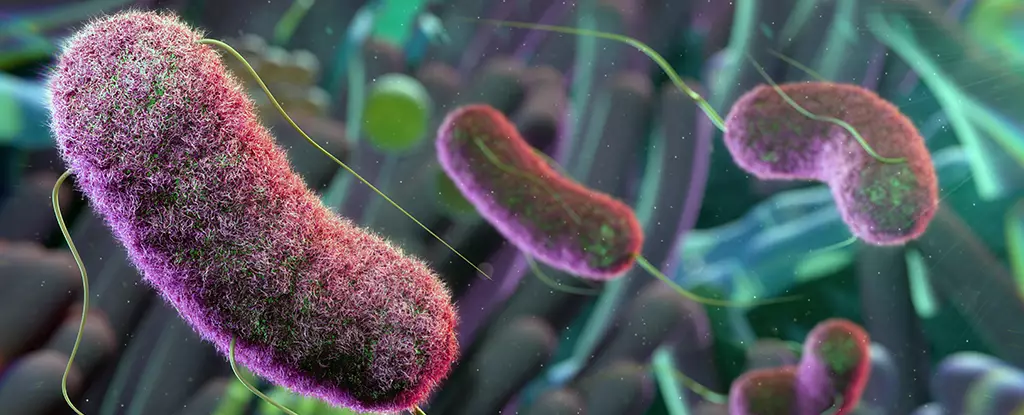Epilepsy, a neurological disorder characterized by recurrent seizures, affects millions of individuals worldwide. While medications can control seizures for most people, around 30 percent of individuals with epilepsy have drug-resistant forms of the condition. In recent years, there has been growing evidence suggesting that a high-fat, low-carbohydrate diet, known as the ketogenic diet, may significantly reduce seizure incidence in those with drug-resistant epilepsy, especially children. However, the precise mechanisms behind this connection remain largely unknown. Researchers from the University of California, Los Angeles (UCLA) have conducted a prospective study on children and mouse experiments to shed light on how dietary choices impact the gut microbiota, which in turn affects neurological functions implicated in epilepsy.
The ketogenic diet gained popularity in the 1970s as a weight loss strategy. However, recent studies indicate that it may have more profound health benefits, particularly for individuals with refractory epilepsy. Studies show that approximately 30 percent of children with treatment-resistant epilepsy experience complete seizure freedom while on the diet, while about 60 percent benefit from a substantial reduction in seizure frequency. Although the health benefits are promising, adhering to the strict dietary restrictions can be challenging, especially for children who may already have limited food preferences. Moreover, the diet may cause gastrointestinal complications, kidney stone risks, and other side effects, making long-term adherence difficult.
Uncovering the Gut-Microbiota Connection
Led by UCLA molecular biologist Gregory Lum, a team of researchers conducted investigations to unravel the complex interactions between gut microbiota, the chemicals they produce, and the genes in the hippocampus, a brain region implicated in epilepsy. The study involved collecting microflora samples from 10 children with pediatric refractory epilepsy at UCLA Mattel Children’s Hospital, who had been on the ketogenic diet for approximately a month. The findings revealed that the microbiomes of these children were more effective in reducing seizures in engineered mice than samples collected before the commencement of the diet.
Metabolic Changes and Epilepsy
In addition to the observed reduction in seizures, the researchers also identified metabolic changes related to energy production, amino-acid metabolism, and fatty acid oxidation in both humans and mice. The mice that received microbiomes altered by the ketogenic diet exhibited changes in gene activity in the hippocampal region that had previously been associated with epilepsy. Understanding how these metabolic and genetic changes contribute to seizure reduction could pave the way for the development of targeted drugs that provide effective treatment options for individuals with drug-resistant epilepsy.
Beyond its implications for epilepsy, this research highlights the growing realization that the gut microbiota plays a crucial role in regulating various bodily functions. The intricate balance and interactions between the multitude of organisms residing in our gut can influence overall health and well-being. This emphasizes the need to consider the impact of our diets not only for our personal health but also for the health of our gut microbiota.
While significant progress has been made in understanding the potential benefits of the ketogenic diet for individuals with drug-resistant epilepsy, there is still much to be learned. Lum and his team’s investigation provides valuable insights into the role of gut microbiota in mediating the effects of the diet on neurologically related functions. By deciphering the specific mechanisms through which the diet alters microbiota and gene activity, researchers aim to develop novel treatments for epilepsy that do not require strict dietary restrictions. Ultimately, understanding how our dietary choices influence gut microbiota can revolutionize not only the management of epilepsy but also our approach to overall health and well-being.



Leave a Reply